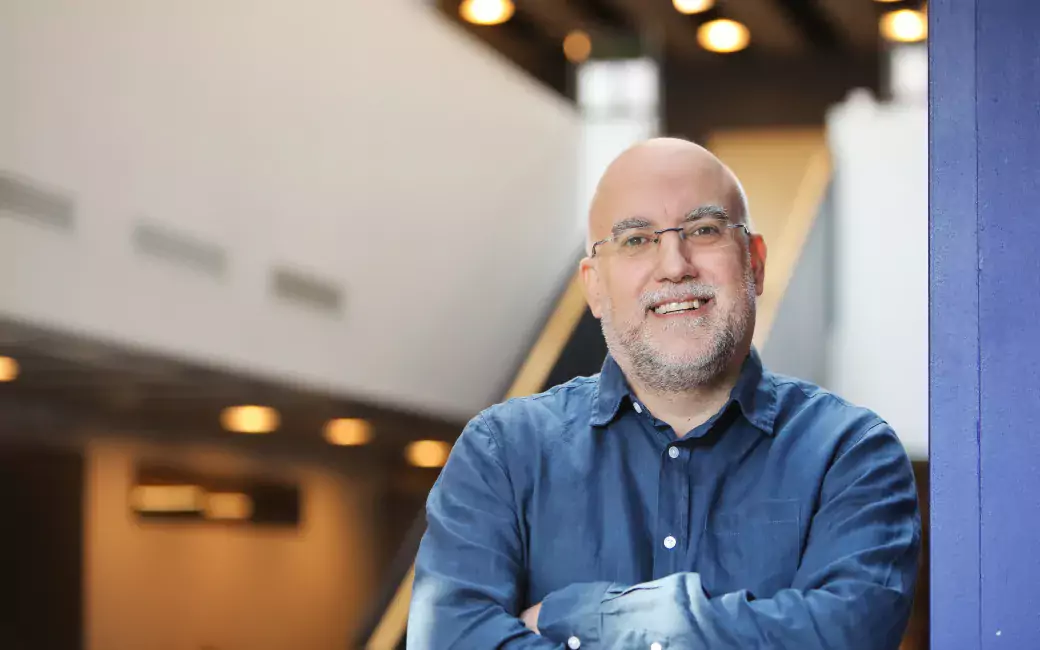Ivan Mammarella's research helps to quantify the transport and exchange of energy and greenhouse gases in the biosphere-atmosphere system, and, to enhance knowledge and verification of ecosystem climate feedback processes.

What are your research topics?
The general aim of my research is an improved understanding of how momentum, heat, and gases are transported in air and water. In particular, my research and teaching interests relate to the surface-atmosphere vertical exchange of energy and mass, to ecosystem greenhouse gases (GHGs) budgets, and to how carbon and water cycles in different natural ecosystems are affected by climate change.
While working in Helsinki, I have focused mostly on widespread high-latitudes terrestrial ecosystems such as boreal forests; water systems such as lakes, rivers and coastal water; and wetlands. My approach is multi-disciplinary, including micrometeorology, biogeochemistry, and hydrology, and based on both long-term observations and modelling.
Where and how does the topic of your research have an impact?
The EU aims to be climate-neutral by 2050. This objective is at the heart of the European Green Deal and in line with the EU's commitment to global climate action under the Paris Agreement. Because the estimated amounts of GHGs being sequestered or emitted by natural ecosystems are still highly uncertain, the estimates of the future atmospheric GHGs concentrations vary across different narratives.
Enhanced knowledge and the verification of GHG exchange and feedback mechanisms from both managed and natural ecosystems are crucial for planning mitigation and adaptation strategies and for becoming climate neutral in the future. Increasing resilience to climate impacts has immense benefits for the security of human life, property, and infrastructure.
What is particularly inspiring in your field right now?
Right now, I am inspired by the chance to be involved in different international projects, initiatives, and research communities, like the European research infrastructure ICOS (Integrated Carbon Observation System). ICOS is aiming to provide GHG observations, knowledge, and tools to contribute to the verification of UNFCCC inventories and to the mitigation measures taken by policy makers.
Ivan Mammarella is Professor of Biohydrometeorology at the Faculty of Science.






